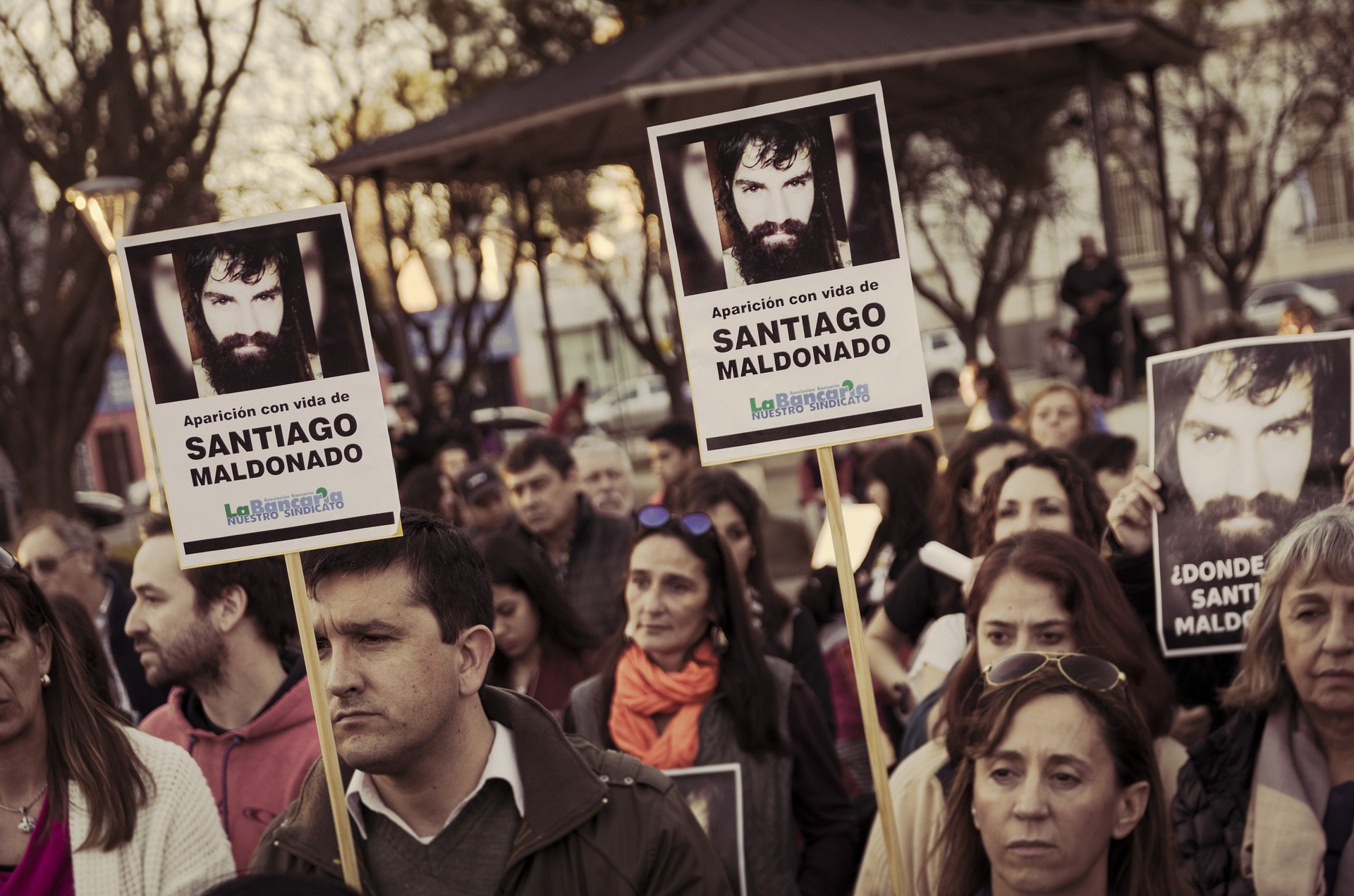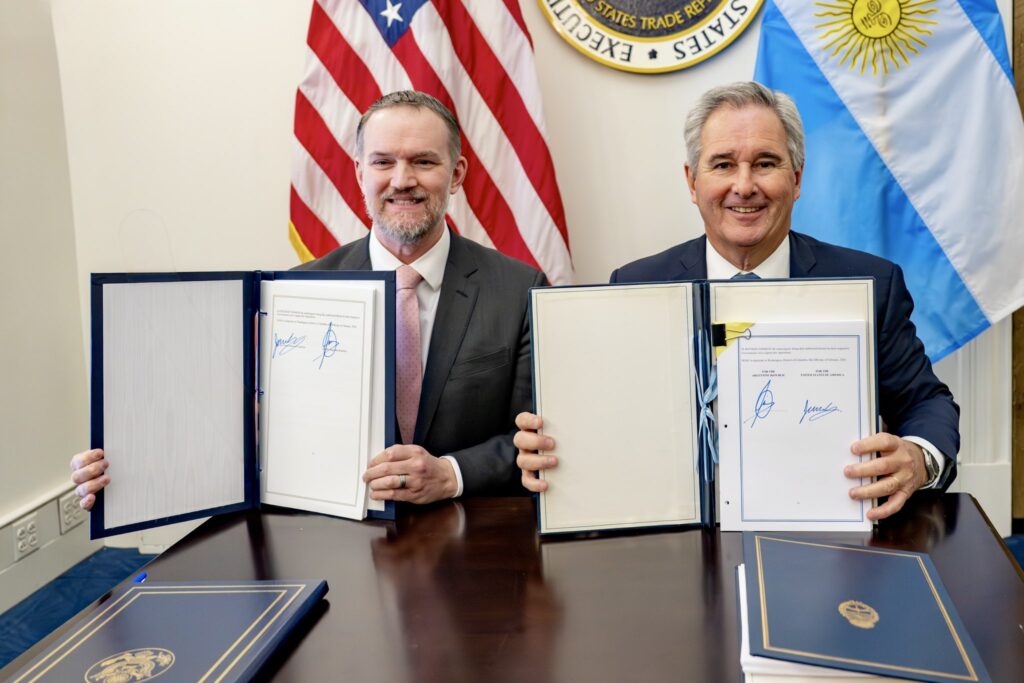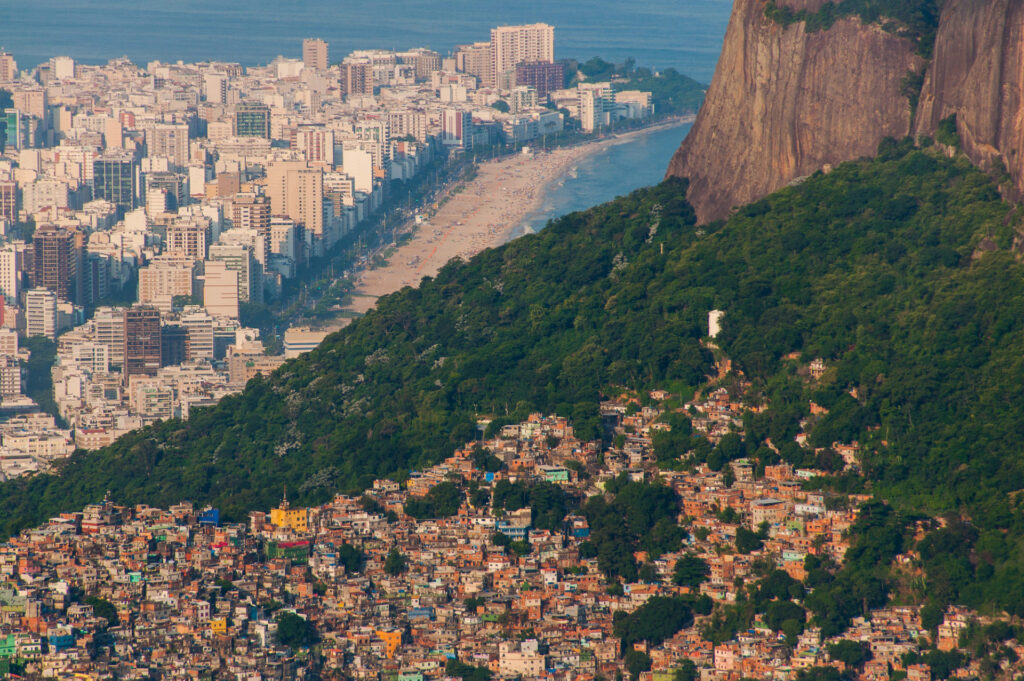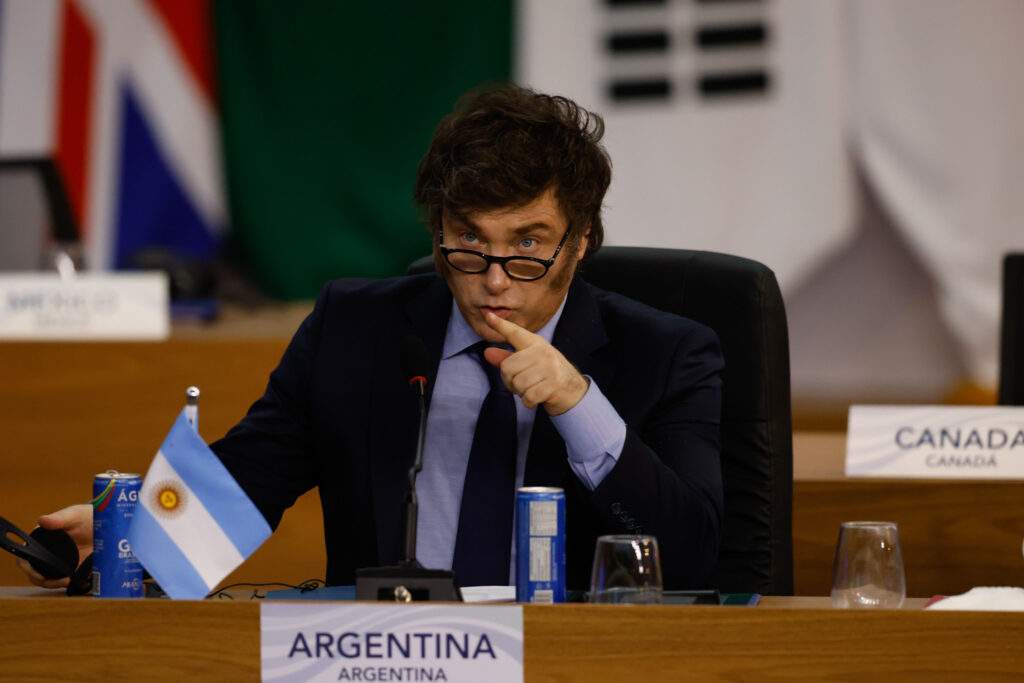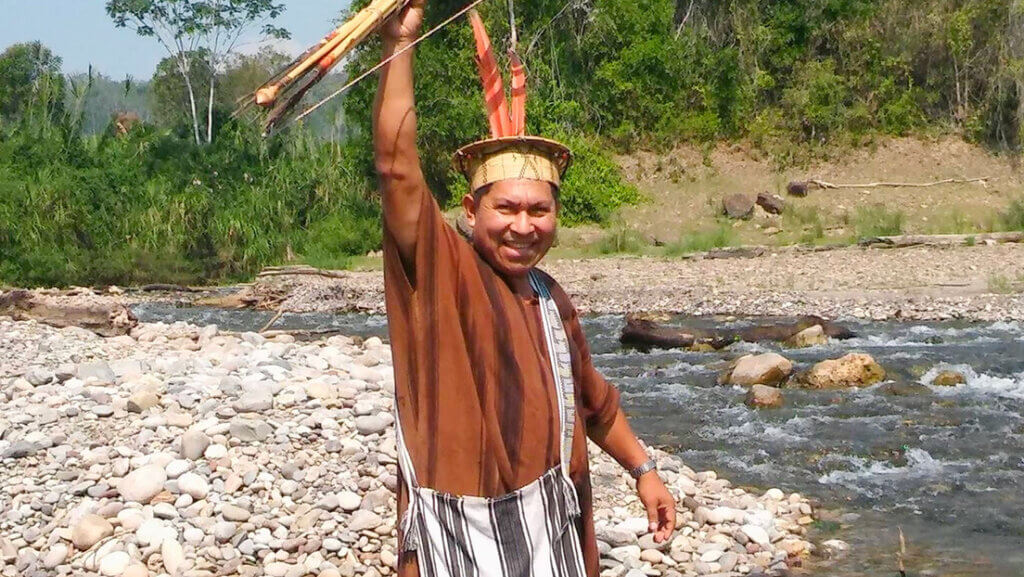The indigenous Mapuche people are accusing the Chilean and Argentine governments of genocide and crimes against humanity in a petition they made to the International Criminal Court (ICC) on Thursday, April 11th.
The movement began on February 20, when Frédéric Luz wrote a letter to the ICC’s headquarters in the Hague urging the international entity to take action. Luz is a 55-year-old French citizen who is also the Prince of the legally defunct Kingdom of Araucania and Patagonia.
The Mapuche people historically suffered violence and repression at the hands of both Argentina and Chile, especially during the Pacification of Araucania in 1861-1883, when Chilean forces led a series of military campaigns into the Mapuche territory of Araucania. The military forces brutally repressed the Mapuche people so that Araucania could be incorporated into Chilean territory.
“In the so-called Pacification of Araucania, the Chilean army with the complicity of the Catholic Church, invaded our territory, burned our [homes], killing our people and drowning babies in the rivers,” Mapuche leader Lonko Juana Calfunao explained to The Guardian. “Even today. . .we are hostages of states that don’t recognize our Mapuche nationality.”
Over the last decade the Chilean state has implemented various measures that have adversely affected the Mapuche’s rights and land ownership, justified under an Anti-Terrrorism law. Widely criticised for its overly broad definition of terrorism, the law has been condemned by the Inter-American Court of Human Rights, Amnesty International and Human Rights Watch. It allows courts to hand out higher penalties for crimes such as arson — a typical form of Mapuche resistance — that the Chilean government labels as terrorism. The law also means individuals can be sentenced based on anonymous testimonies.
In May of last year, implementation of the Anti-Terrrorism law led to the Chilean state finding three Mapuche activists guilty of arson in 2013, which authorities linked to the deaths of two prominent landowners. The activists were acquitted for lack of evidence in 2017, but this trial was subsequently annulled and the Chilean court sentenced two of the three activists to life imprisonment, a decision criticized by various human rights groups.
Grassroots Mapuche campaigns have sprung up and gained traction since the restoration of democracy in the 1990s as Chilean and Argentine governments increasingly take control of Mapuche land to build dams and power plants. Some of the demonstrations are in response to the logging industry, and there have been protests against Mapuche deaths at the hands of security forces, which have ended in violence.
The ICC, created in 2002, functions under a treaty called the Rome Statute, which has been ratified by 120 countries and establishes the court’s functions, jurisdiction and structure. The ICC can hold court cases for accusations of international crimes such as genocide, crimes against humanity, crimes of aggression and war crimes. Indigenous groups in Cambodia and Canada have also presented accusations against their states for genocide and land-robbery, and although preliminary investigations have taken place, none have yet gone to court.
Depending on the strength of the accusation, the ICC will open a preliminary investigation into the Mapuche people’s case. If there is enough evidence, then a full investigation will be opened to collect information that could be used in court.


